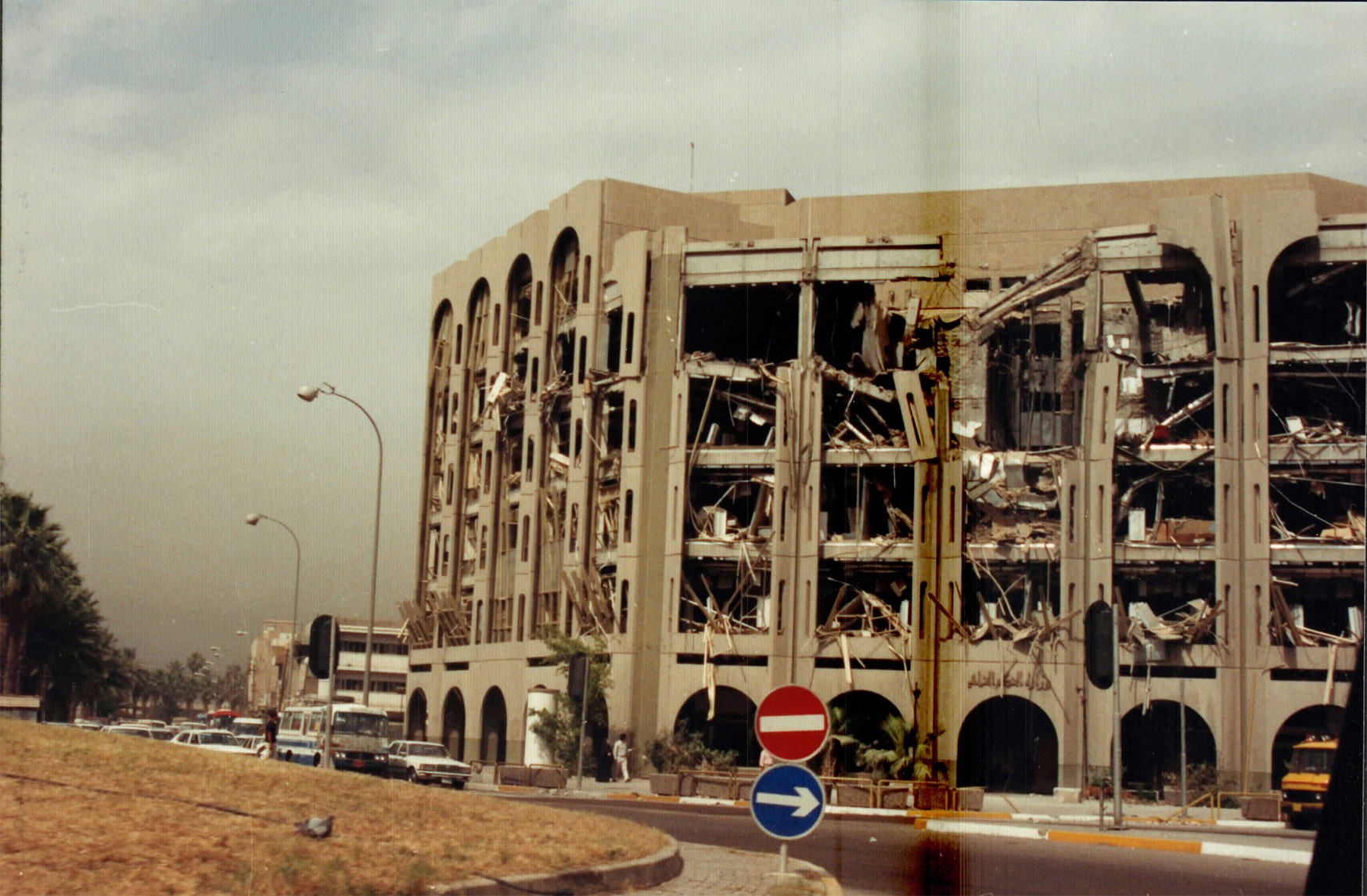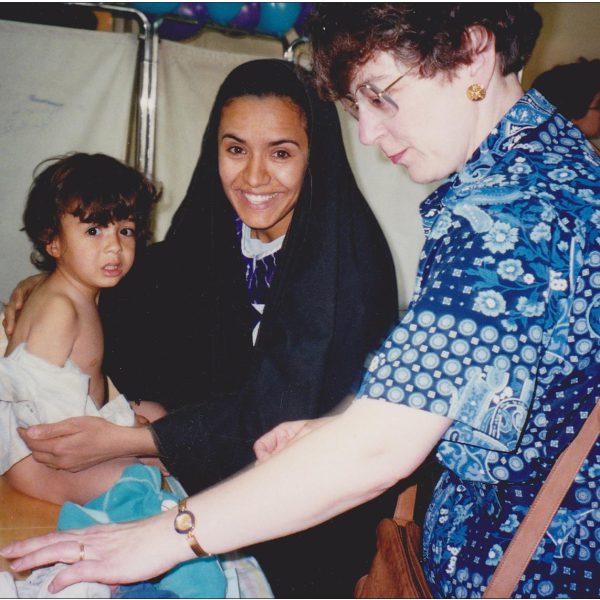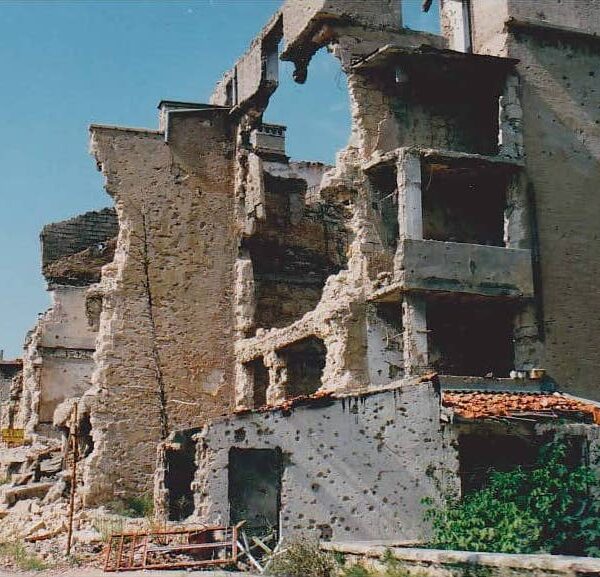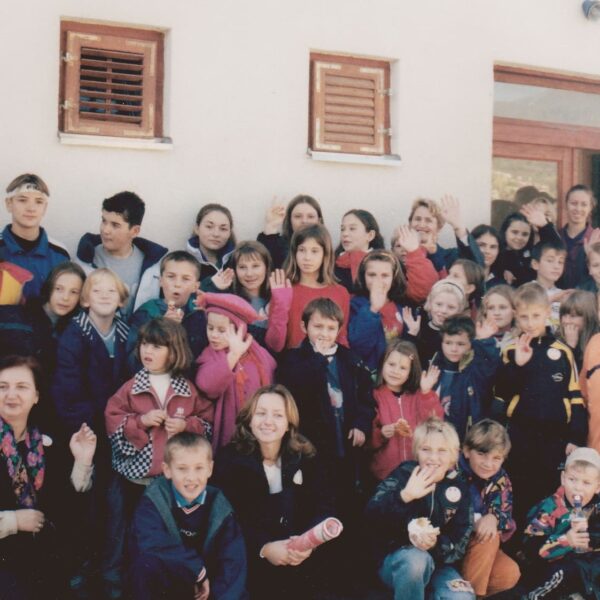
Past Missions: Iraq and Bosnia
MFP’s first medical team arrived in Iraq in June 1991 and our physicians and nurses performed health and nutrition assessments on hundreds of children suffering from severe malnutrition. Through a strong partnership with the Iraqi and Jordanian Red Crescent Societies, we established a pediatric clinic at the Saddam Central Hospital for Children in Baghdad, delivered more than a million dollars in pediatric drugs to clinics whose shelves were empty, and brought thirty children with congenital heart disease and war related injuries to the United States for life- saving surgery.
Our report, “Health Crisis in Baghdad” was accepted by the U.N. Security Council.
In 1994, MFP negotiated the release of an American citizen from the Abu Ghraib prison in Baghdad. Shortly thereafter, the Ba’athist Government expelled MFP from Iraq for reporting human rights violations. We were unable to return to the country until 2003, when we successfully re-established a health program and produced the first comprehensive report on the status of Baghdad Public Hospitals since the 2003 conflict. Our report of February 5, 2005, entitled, “Civilian Health in Iraq: Assessment of Public Hospitals in Baghdad” was widely applauded as invaluable documentation of the state of the hospitals in Baghdad during the U.S. occupation.
Two award-winning film documentaries, William LiPera’s “Children of the Cradle”, and Susan Meiselis’ ‘Opening Hearts”, describe MFP’s work with Iraqi Children.

BOSNIA (1995-2001)

Kozarac after the ethnic cleansing campaign.
On May 24, 1992, the Serb Army and paramilitary troops invaded Kozarac, a village of 27,000 Moslems on the outskirts of the city of Prijador in northwest Bosnia. Approximately 5000 Moslem civilians were murdered in what became a blueprint for “ethnic cleansing” of Moslem towns. In 1997, MFP conducted a comprehensive survey to assess the medical and psychological sequalae of ethnic cleansing on the survivors of Kozarac, particularly on children. Based on the findings of affected children who were fearful and withdrawn, and exhibited a multitude of eating, sleeping and behavioral problems, we established the Bosnian Children’s Project, partnering with IZVOR, the Prijador Women’s Association.
The project was a school based mental health program where we identified and treated children in need of immediate medical and psychiatric help and developed a nurturing and supportive environment to prevent future problems for traumatized children. The school was an island of calm and normality amidst the turbulence of the displaced children’s lives. Oslobodjendje, the well-respected Sarajevo newspaper, described the MFP school-based mental health project in Kozarac as “a model of co-operation between American health workers and Bosnian women organizations.”

MFP children’s program in Kozarac, Bosnia.
